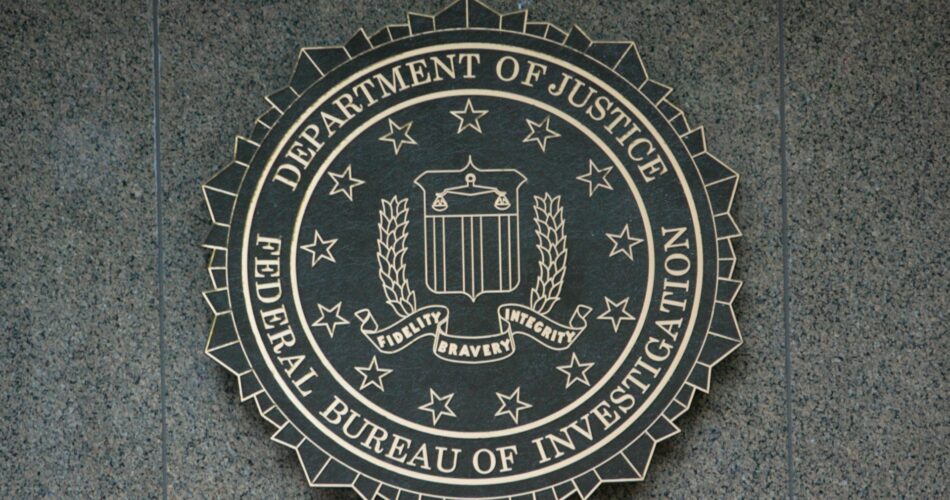He is out of his mind.
In recent headlines, the controversial figure of Filipino megachurch Pastor Apollo Quiboloy has been embroiled in a complex legal saga spanning international borders. Accused by the U.S. Justice Department of involvement in child sex trafficking, Quiboloy now finds himself negotiating terms for surrender within the Philippines, seeking assurances to avoid extradition to the United States.
Facing allegations of exploiting his authority within the Kingdom of Jesus Christ church, Quiboloy stands accused of coercing young girls and women into sexual relationships under the pretext of religious duty. Both U.S. and Philippine authorities have leveled charges against him, including sex trafficking, sexual abuse, and related offenses.
Quiboloy’s conditions for surrender include demands for written guarantees from Philippine authorities to prevent his extradition to the U.S., citing concerns regarding national sovereignty and expressing a preference for facing justice within his homeland. He vehemently opposes submitting to American jurisdiction and has vowed to evade capture unless provided with the assurances he seeks.
The pastor’s legal predicament has been further complicated by his allegations of collusion between the Philippine government and U.S. agencies, suggesting a concerted effort to facilitate his extradition. These claims have gained traction amid a change in administration, with Quiboloy implicating the current leadership in aiding U.S. authorities.
Testimonies from alleged victims have lent credence to accusations of abuse within Quiboloy’s church, detailing years of manipulation and exploitation under his spiritual authority. These accounts paint a troubling picture of systemic abuse within the church, with Quiboloy accused of leveraging his position to prey on vulnerable individuals.
Despite facing legal challenges, Quiboloy retains considerable influence, boasting millions of followers globally. However, his ties to political figures, including former President Rodrigo Duterte, have come under scrutiny in light of the allegations against him.
Quiboloy’s controversial past extends beyond the current legal turmoil, including previous incidents such as his arrest in Honolulu, Hawaii, on suspicion of involvement in smuggling activities. Despite these controversies, Quiboloy continues to lead the Restorationism church, claiming divine inspiration and accumulating wealth over the years.
As Quiboloy maintains his innocence and asserts his right to due process, the legal proceedings against him highlight broader issues of accountability and the intersection of faith and power within religious institutions.
